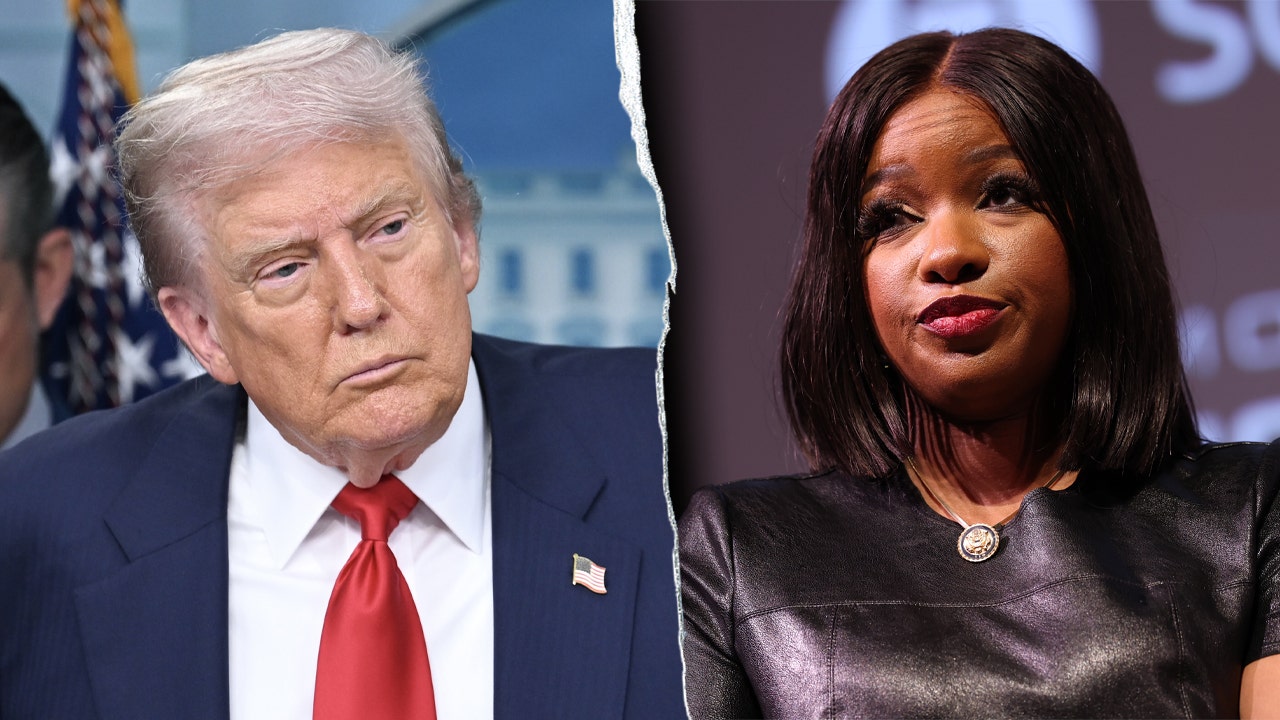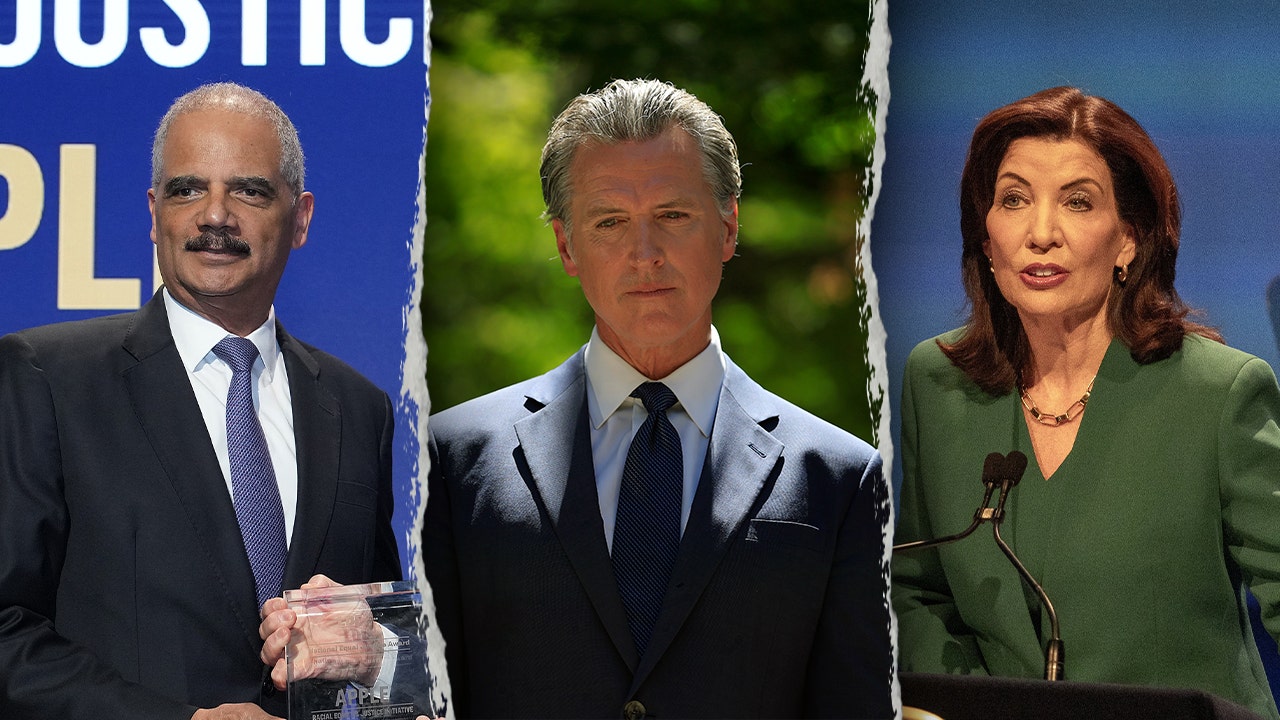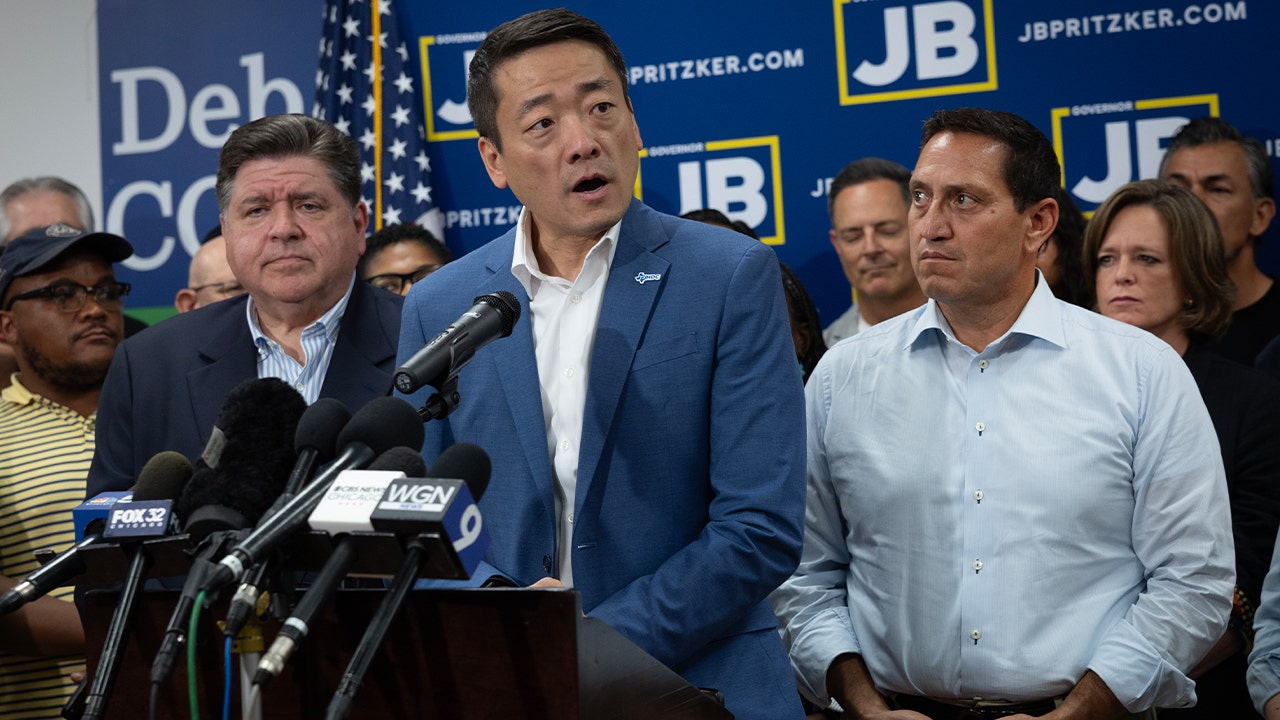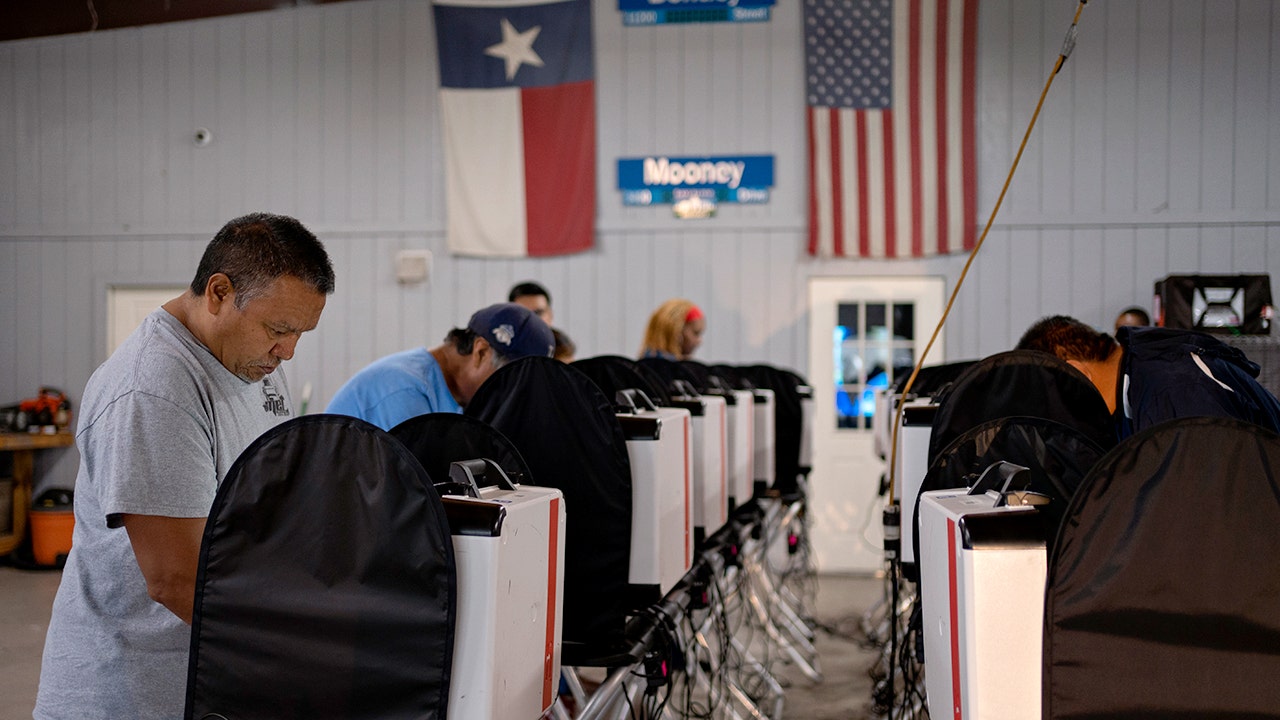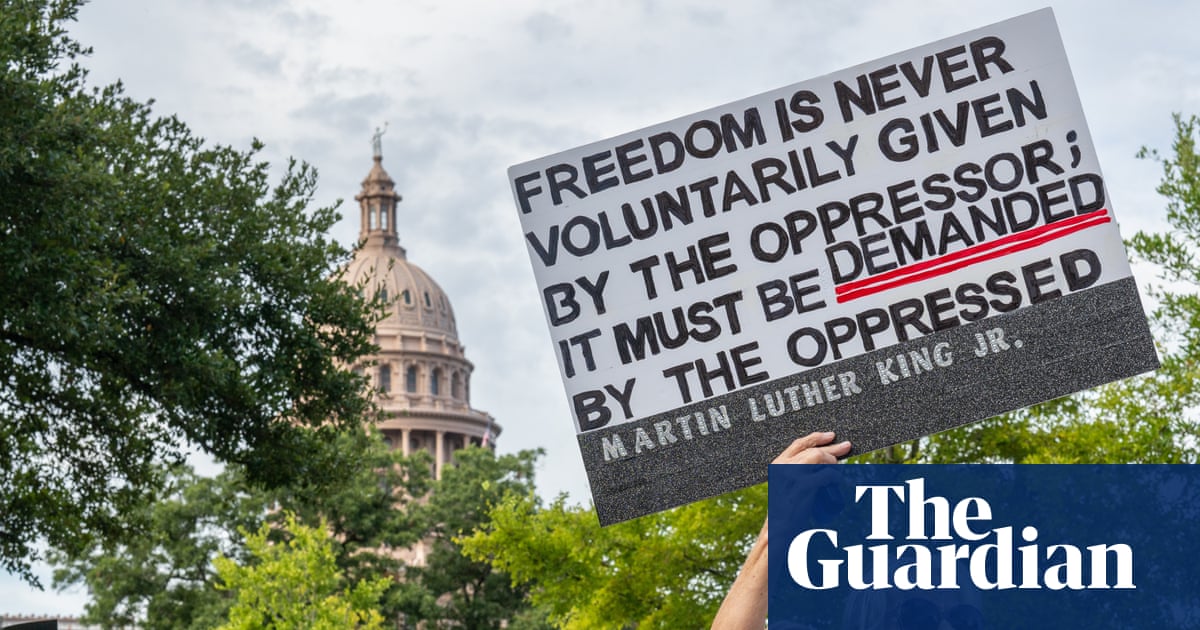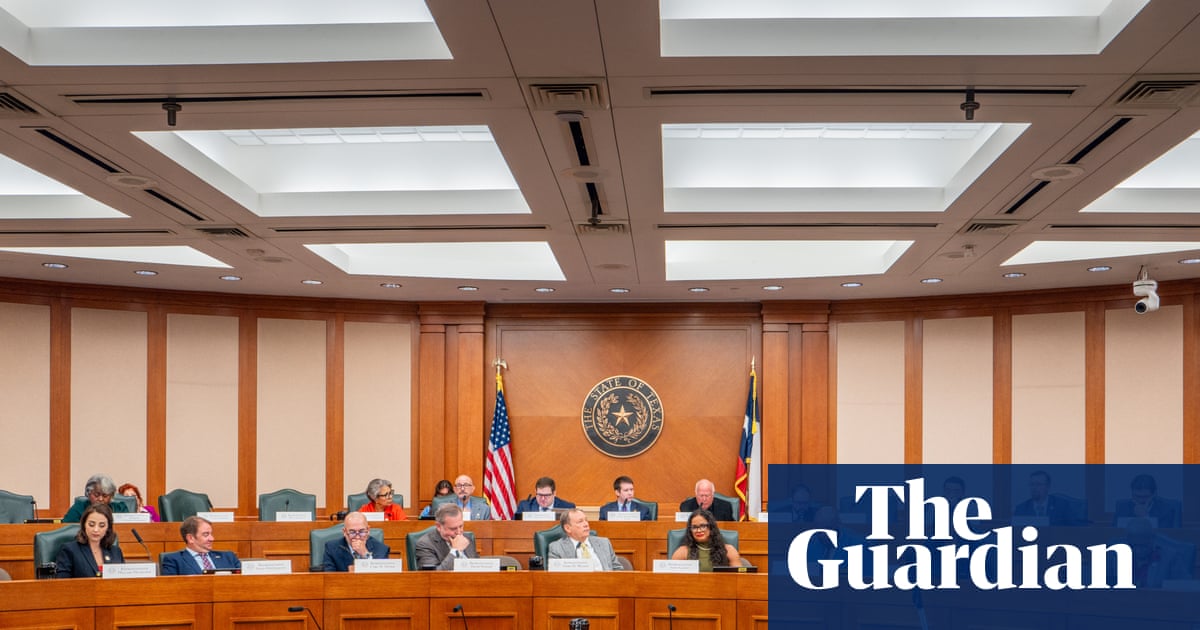On August 11, 2025, Texas Governor Greg Abbott was involved in a significant political maneuver concerning the redistricting maps in Texas. The articles highlight that these maps, drawn by Republicans, are part of a broader strategy perceived as voter suppression, aimed at consolidating political power by potentially disenfranchising certain voter demographics.
Detailed Analysis:
Governor Greg Abbott's involvement in the redistricting process in Texas is a critical development in the ongoing national debate over voting rights. The Republican-drawn maps under consideration are seen as a strategic effort to maintain political dominance by manipulating district boundaries in a manner that could disadvantage minority and opposition voters. This tactic, often referred to as gerrymandering, is a classic example of voter suppression, where the political power of certain groups is diluted to ensure electoral outcomes favoring the ruling party.
The implications of these redistricting efforts are profound, as they could reshape the political landscape of Texas for years to come. By potentially skewing district lines, the maps could undermine fair representation, a cornerstone of democratic governance. This move is part of a larger pattern observed across various states where similar strategies are employed to roll back voting rights, particularly targeting communities of color and young voters who traditionally lean towards the Democratic Party.
Governor Abbott's rhetoric, labeling opposing Democrats as "runaway," further exacerbates the partisan divide and reflects an authoritarian approach to governance. By dismissing legitimate concerns over fair representation and labeling dissenting voices as obstructionist, Abbott contributes to a political environment where power is prioritized over democratic principles. This behavior aligns with broader trends of authoritarianism, where dissent is minimized, and political control is maximized through legislative and procedural means.
Why This Matters:
The potential consequences of Governor Abbott's actions are significant, as they threaten to erode public trust in the electoral process. When voters perceive that their ability to influence political outcomes is compromised, it can lead to decreased voter turnout and increased political apathy. This erosion of democratic norms is particularly concerning in a state as populous and politically influential as Texas, where shifts in voter demographics could have national implications.
Moreover, the redistricting efforts highlight a broader pattern of concerning behavior where political leaders prioritize short-term gains over long-term democratic health. If left unchecked, such actions could set a precedent for future electoral manipulation, further entrenching partisan divides and undermining the foundational principles of fair representation and accountability in governance.
Key Concerning Actions:
- Endorsement and potential implementation of Republican-drawn redistricting maps in Texas, perceived as a form of voter suppression.
- Use of divisive rhetoric against opposing political parties, contributing to an authoritarian political climate.
- Participation in broader national efforts to roll back voting rights, particularly targeting minority and opposition voters.


